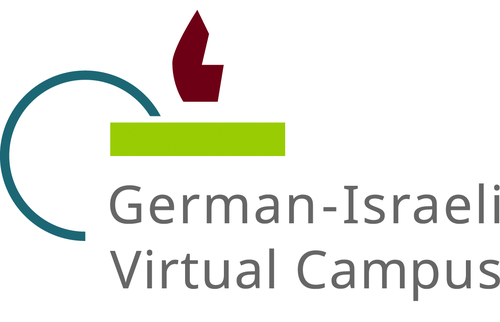Contemporary German-Jewish Culture
The purpose of this seminar is to introduce students to the thriving Jewish cultural scene that is thriving today in Germany’s capital. Throughout this seminar we will read some of the most interesting works of German-Jewish literature and thought and, more importantly, have the opportunity to discuss them with their author. Every week, we will convene in two seminar rooms – one in Berlin and one in Jerusalem – to host online an author, artist, or writer. This will allow a firsthand experience of the discussions going on today in Germany about Jewish life and Jewish German culture.
The fact that Jewish culture is thriving in today’s Germany is anything but obvious. And yet, even those familiar with the German-Jewish life after the Holocaust are often surprised by the diversity and wealth of contemporary creation in all fields, its sophistication, and impact beyond the narrow confines of the Jewish community in German. Authors like Maxim Biller and Olga Grjasnowa and film makers like Ester Amrami and Ofir Raul Graizer reach mainstream audiences. Translators like Harel Kain and Gadi Goldberg continue to offer contemporary and classic German literary works to an ever growing Israeli audience. Philosophers like Elad Lapidot and Tal Hever-Chybowski publish in Hebrew, German, Yiddish, and Hebrew essays about contemporary diasporism. Berlin has seen also the creation of Israeli cultural institution including, for example, a magazine (Shpitz- A Hebrew Magazine in Berlin), a Hebrew Library, which serves as an exchange library and a space for cultural events, and an annual festival titled ID Festival, where Israeli artists “showcase their works to local audience.” All this has led scholars to propose the inauguration of a new field of scholarly debate, which the name “German-Israeli Studies.” This seminar offers a rare opportunity to meet some of these authors, intellectuals, and artists, and to get to know their work.
This course is taught by Dr. Amir Engel (HUJI) and Prof. Dr. Lukas Mühlenthaler (FU Berlin).
